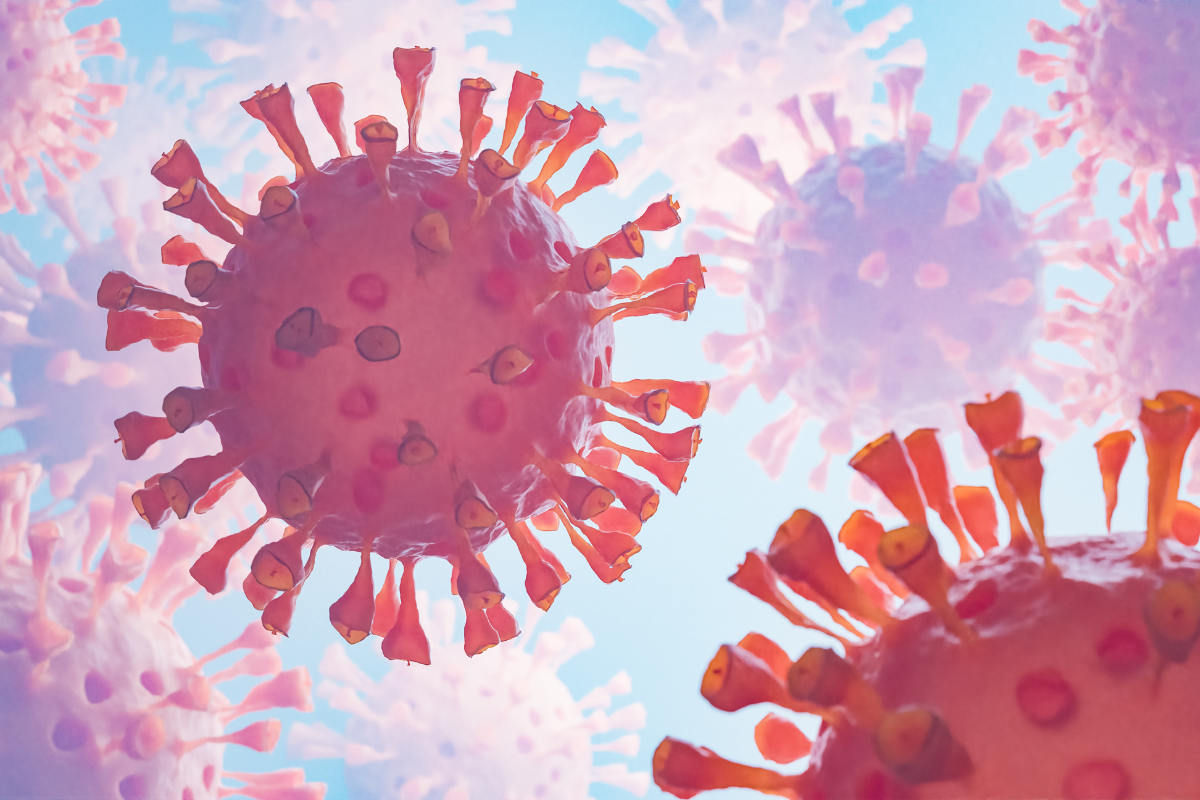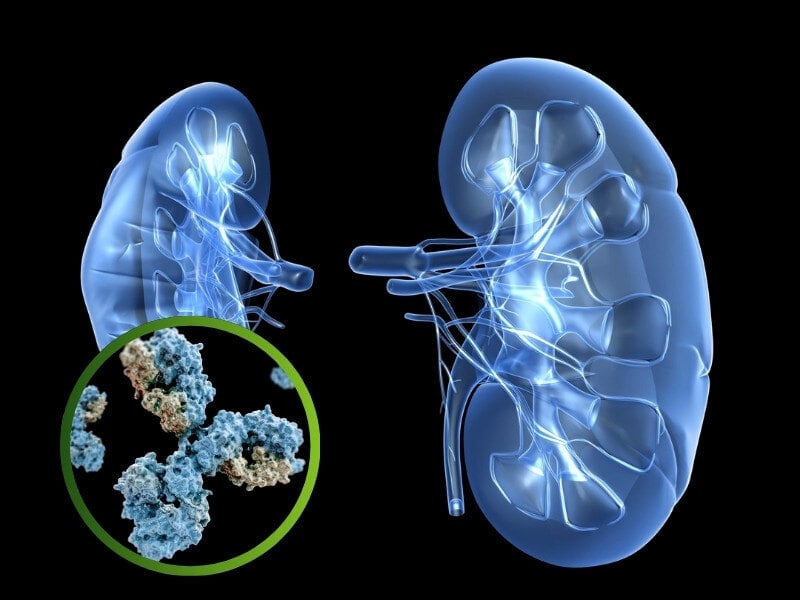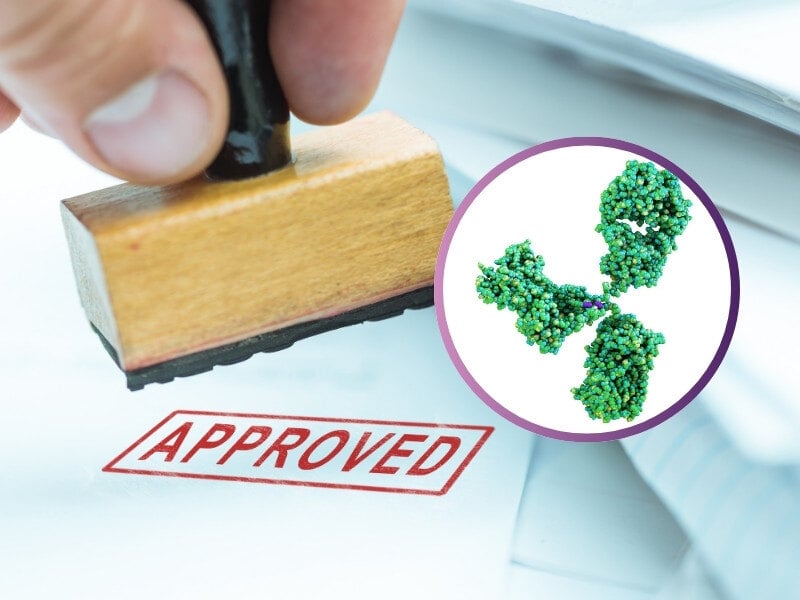Positive Results from iNKT Cell Therapy Clinical Trial for COVID-19 ARDS

A paper published in Nature Communications has outlined the results from a phase I/II clinical trial investigating invariant natural killer T (iNKT) cell therapy for moderate-severe acute respiratory distress syndrome (ARDS).
The iNKT cell therapy, agenT-797, was originally developed by MiNK Therapeutics as a therapy for solid and liquid cancers. Now, the off-the-shelf treatment has joined the pipeline again to treat ARDS secondary to COVID-19, as well as graft versus host disease.
RELATED:
- NK Cell Therapies and Their Promising Possibilities
- NK Cell Therapies: Development, Application, and Challenges
- Bioanalytical Solutions for CAR-T and NK Cell Therapies
Marc van Dijk, Chief Scientific Officer at MiNK, said: "These published results emphasize the distinctive qualities of iNKT cells and their pivotal role in modulating immunity. What is particularly exciting are the observations of disease modifying properties of iNKTs in immune related diseases such as ARDS and cancer, all in the context of a tolerable safety profile not observed with other cell therapy approaches."
iNKT cells are notable for their ability to distinguish between healthy and abnormal cells and kill those abnormal cells. They are also essential in coordinating innate and adaptive immune responses during bacterial and viral infections.
The antiviral effect of iNKT cells led the team to investigate their use as an immunotherapy for acute viral infections, like that from SARS-CoV-2 (the virus that causes COVID-19). The paper describes an open label study to test the effects of agenT-797 in patients with ARDS caused by the SARS-CoV-2 virus.
Primary endpoints of the phase I/II study were stated as assessing the safety and tolerability of agenT-797. Secondary endpoints included: the efficacy of the drug to improve or cure cases of ARDS, the development of cytokine release syndrome (CRS), mortality after one and six months, secondary infection, and multiorgan dysfunction syndrome (MDS).
AgenT-797 was administered to 21 patients on ventilation, five of which were on veno-venous extracorporeal membrane oxygenation (VV-ECMO). The drug was given to three cohorts of dosages: 3 patients at 100 million, 4 at 300 million, 14 at 1 billion iNKT cells. Dose limiting toxicities were not observed, and so the dose of the drug was rapidly increased.
In the third dose cohort, there was an 80% decrease in the number of cases of pneumonia compared to the combined numbers of patients from the first two groups. Out of the total 20 patients in the trial, 14 patients survived. That's a survival rate of 70%. Among five patients who needed mechanical ventilation along with VV-ECMO, 80% were alive after 30 days, and 60% were alive after 6 months.
However, because the number of patients involved in this trial is small, any statistical analysis and conclusions drawn from these results are considered exploratory. Additionally, since this was a small trial without a placebo group and included an emergency use authorization (EUA) patient, the conclusions should be interpreted with caution.
The paper comments that agenT-797 "rescues exhausted T cells and rapidly activates both innate and adaptive immunity." It continues: "anti-inflammatory systemic cytokine response and infused iNKT cells are persistent during follow-up, inducing only transient donor-specific antibodies."
The paper determines that off-the-shelf iNKT cell therapy is safe, scalable, and can produce an anti-inflammatory response. The researchers suggest that this positive safety and efficacy data proves the need for further randomized-controlled clinical trials.
"AgenT-797 offers a versatile approach to treating various illnesses and MiNK has developed the manufacturing platform to deliver this therapy at scale for patients facing life-threatening diseases. The company plans to further advance agenT-797 in patients with viral ARDS through an externally funded, large platform trial,” said Van Dijk.
Citation:
- Hammond, T.C., Purbhoo, M.A., Kadel, S. et al. A phase 1/2 clinical trial of invariant natural killer T cell therapy in moderate-severe acute respiratory distress syndrome. Nat Commun 15, 974 (2024). https://doi.org/10.1038/s41467-024-44905-z







